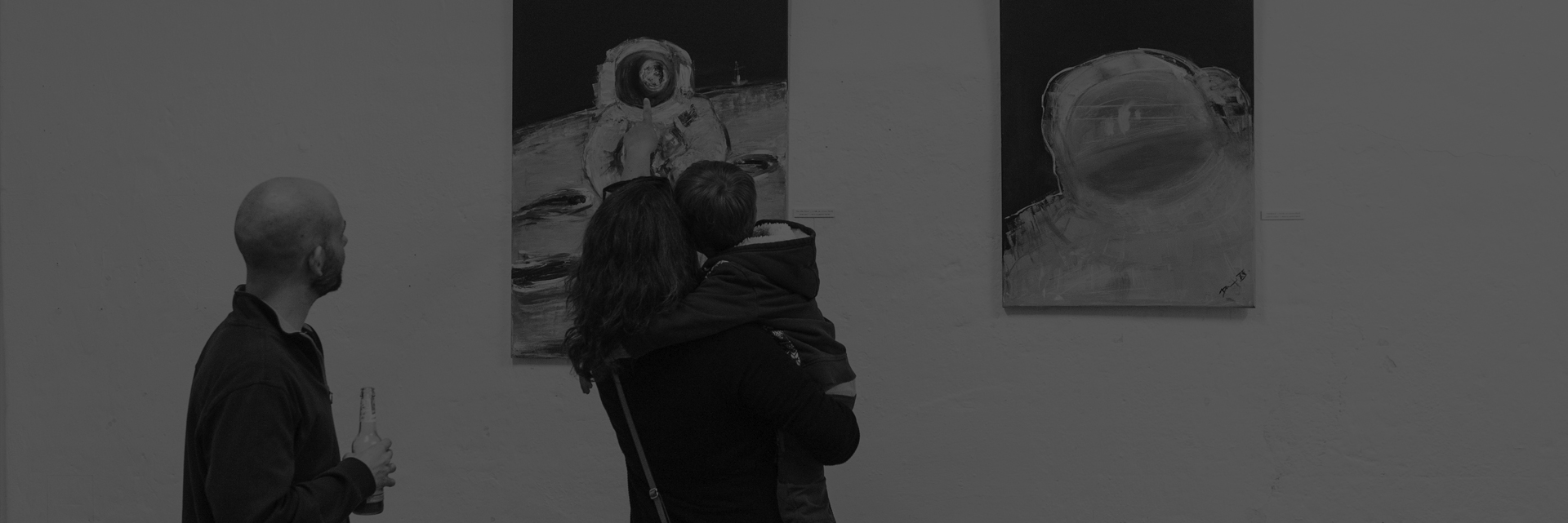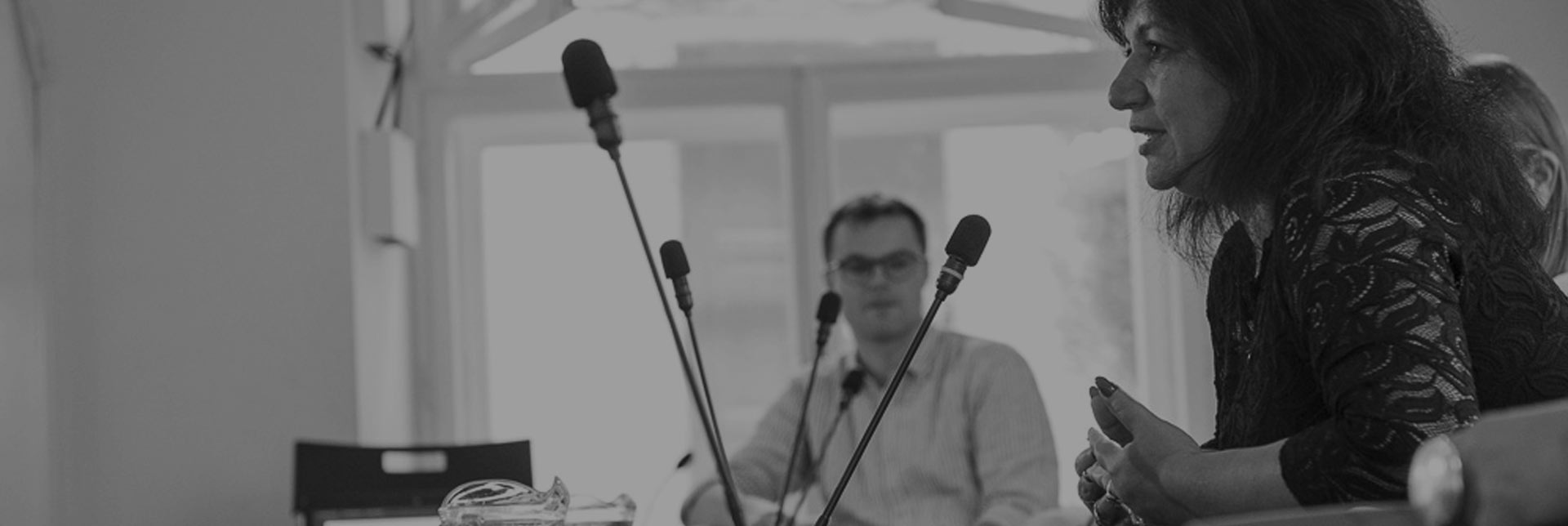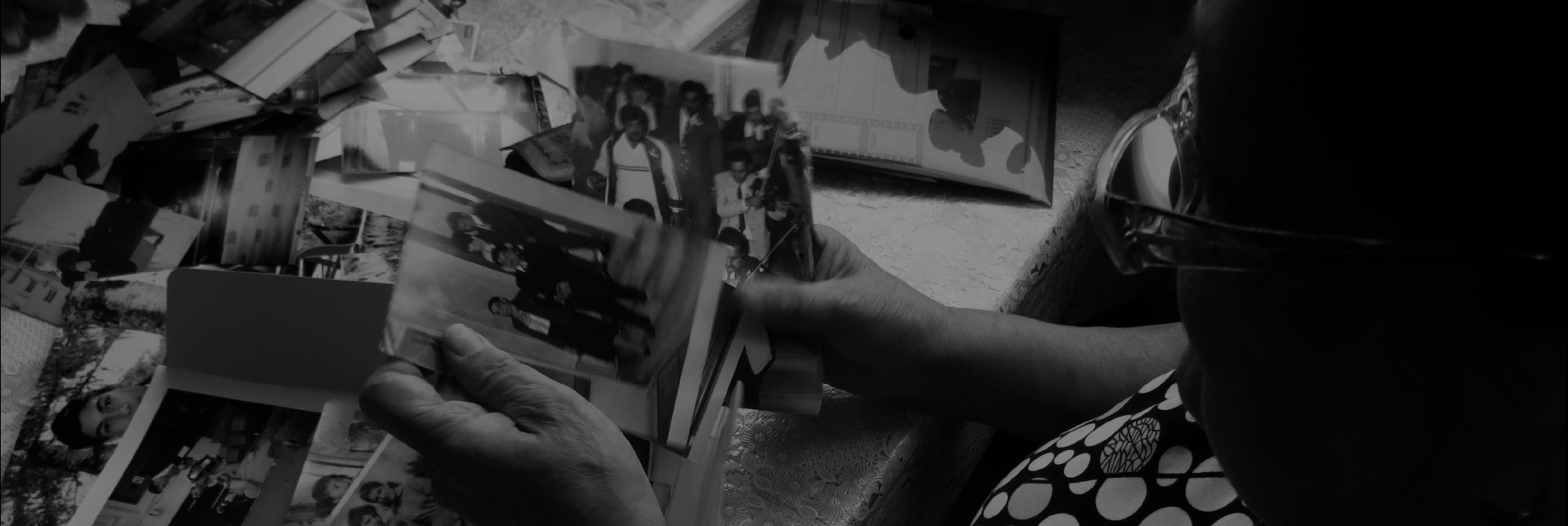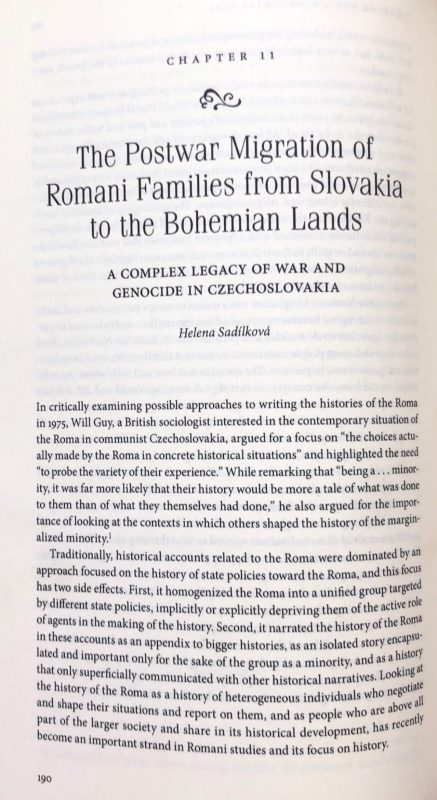






Prague Forum for Romani Histories
Institute of Contemporary History, Czech Academy of Sciences
Institute of Contemporary History, Czech Academy of Sciences
Helena Sadílková
The text offers an insight into the process of post-war reconstruction of family and social lives of Romani Holocaust survivors from the Bohemian lands and Slovakia in the context of general oblivion of the specificities of their drastic war-time fates, continuation of anti-Gypsy stereotypes and in the context of massive population movements in post-war Czechoslovakia. Migration of Roma from Slovakia into the Bohemian lands stay in the center of attention, interpreted both as a response to historic local social hierarchies and wartime persecutions as well as to the possibilities of unprecedented social mobility in the realities of post-war Czechoslovakia. The texts illustrates the complex post-war transformation of life experiences and trajectories of Romani families from both sides of Czechoslovakia, which included also the getting to know of the different Romani communities previously largely unknown to each other. On the example of a family from southern Slovakia that joined in the migration movement and soon established itself as residents of postwar Brno, the Moravian capital and future Czechoslovak center of Romani political mobilization, the author argues migration offered various opportunities for Romani individuals, supported by their family structures, of actively shaping their postwar lives and the lives of their families and local communities.
